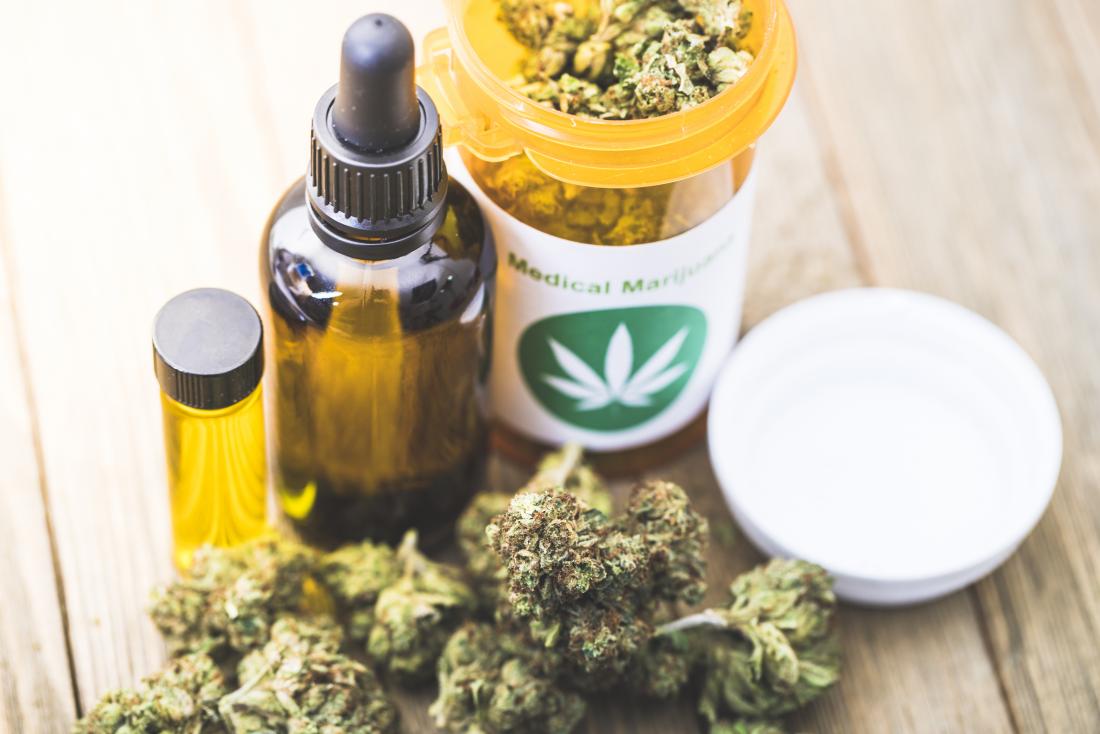North Carolina Governor Proposes Cannabis Legalization to Curb Unregulated Hemp Market
LOS ANGELES- North Carolina Governor Josh Stein (D) has urged legalization and regulation of adult-use cannabis to address growing public health concerns surrounding the state’s unregulated hemp-derived THC market. In a video posted on X, Stein noted that “unregulated THC products that are intoxicating” are widely available in vape shops, with no age restrictions or labeling requirements, allowing youth access.
Describing the current market as “the Wild West,” Stein emphasized that both minors and adults are purchasing products without knowing their potency or content. To resolve this, he signed an executive order establishing a 24-member State Advisory Council on Cannabis.
The council—comprising health officials, law enforcement, agricultural leaders, legislators, tribal representatives, and public health experts—is charged with studying policy frameworks used by other states. Its mandate includes proposing regulations on age limits, potency thresholds, labeling standards, expungement of past THC convictions, and investments in addiction, mental health, and drug-impaired driving initiatives. Initial recommendations are expected by March 15, 2026, with final proposals due by December 31, 2026.
Under the executive order, Stein also urged lawmakers to immediately enact age restrictions—allowing only those 21 and over to purchase intoxicating hemp products—and to require clear packaging that discloses THC content.
Stein reaffirmed his support for adult-use legalization in a WRAL interview, stating adults deserve both choice and protection. He emphasized a regulatory model akin to alcohol, combining access with safeguards such as age verification and testing.
His comments come amid increasing legislative and regulatory efforts at both state and federal levels to close loopholes created by the 2018 Farm Bill—a law that legalized hemp but unintentionally enabled intoxicating derivatives like delta-8 THC to enter the market largely unchecked.
Governor Stein’s plan reflects bipartisan momentum in North Carolina, where limited medical cannabis proposals have advanced in the state Senate but stalled in the House. The council’s findings may influence future legislative action as lawmakers seek frameworks that balance public health, youth protection, and economic opportunity.



































